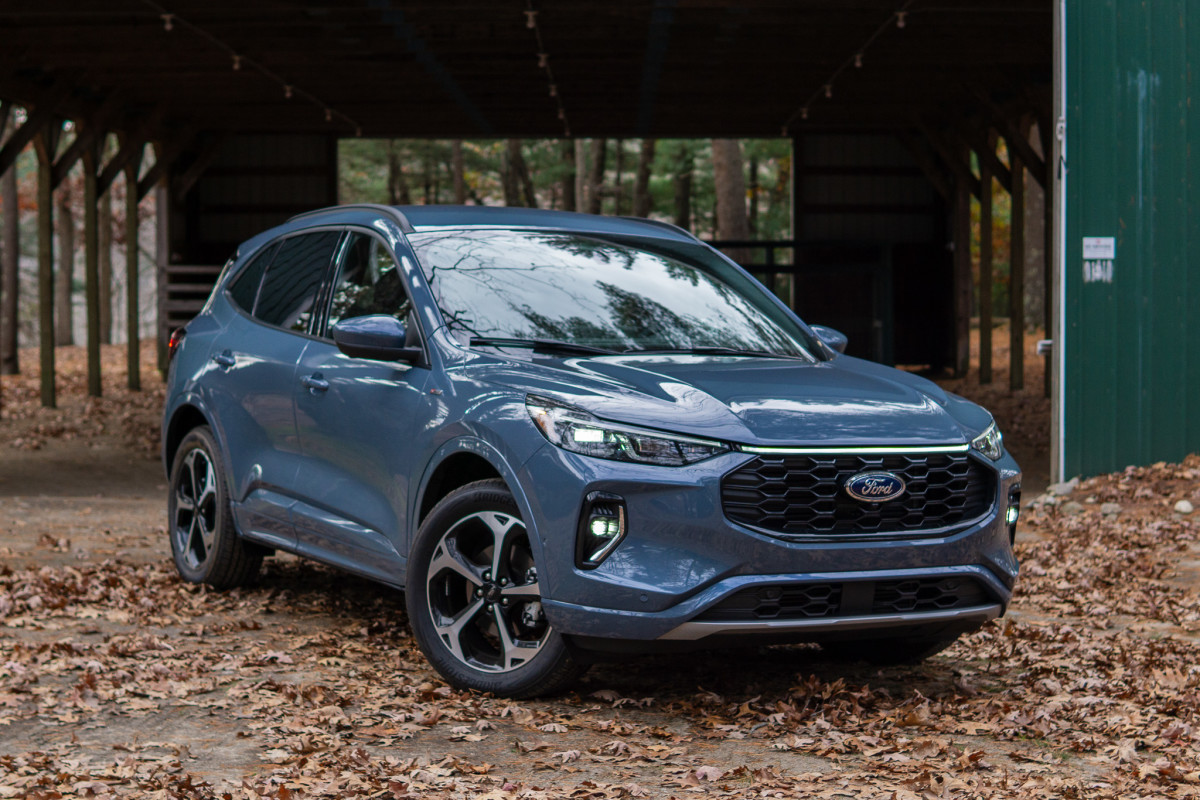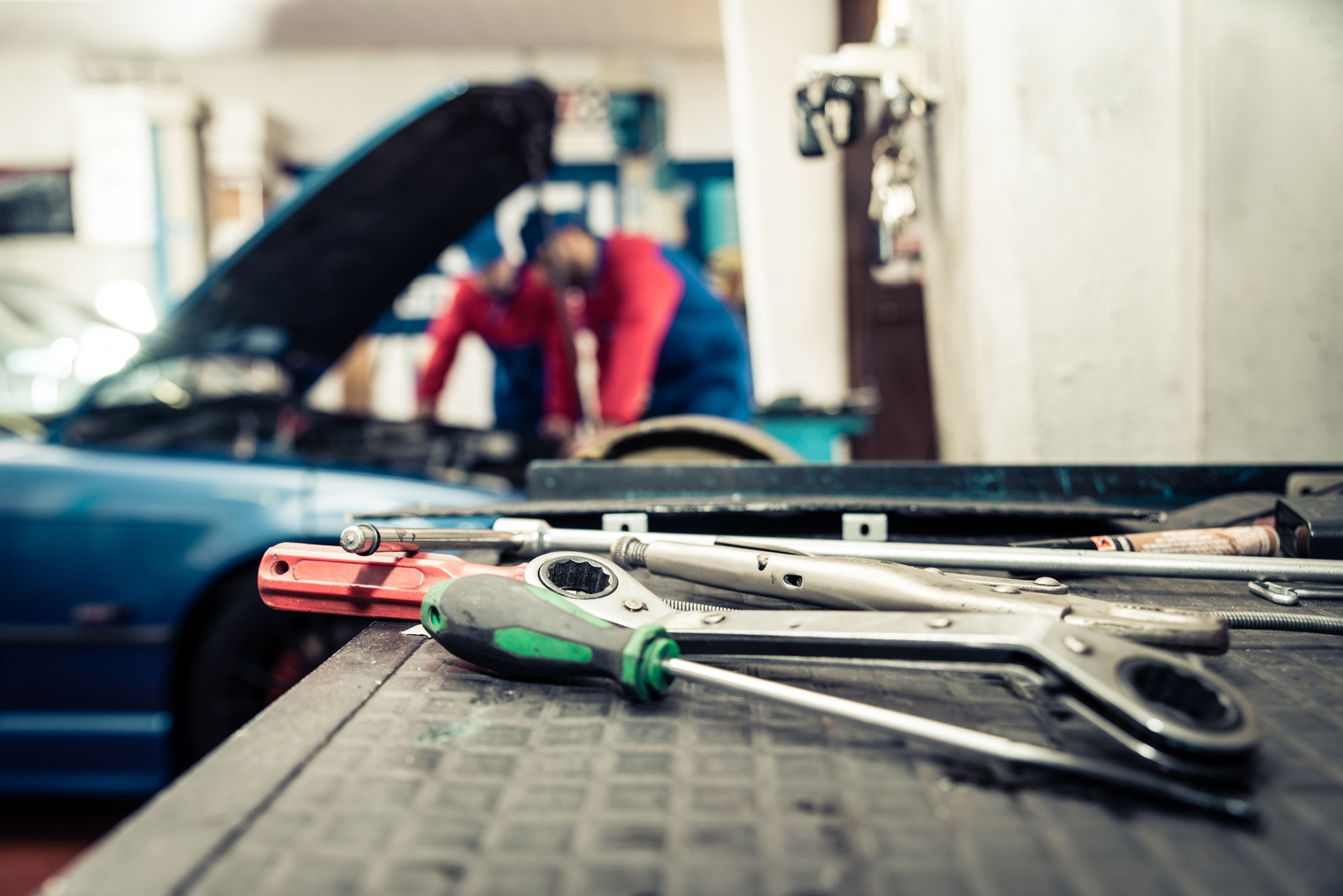You’re trying to sell a car, but the suggested private sale price is lower than you can see for the same car advertised for sale at dealerships. So, what gives?
First things first: This is perfectly normal and to be expected. A dealership can charge more for a car than a private seller because it spends money on reconditioning, handles the paperwork, and offers a special value to shoppers in the form of advice, warranties, and in certain cases certified pre-owned programs. Also, a dealership must charge more money because it needs to turn a profit while also covering the costs of its building, amenities, and staff.
Why Cars for Sale by Owner Often Cost Less than Dealership Cars
- Advantages of Buying a Car from a Dealership
- What Are Certified Pre-Owned Cars More Expensive?
- All Car Dealerships Have Overheads
- Dealerships Must Turn a Profit
Advantages of Buying a Car from a Dealership
When you buy a car at a dealership, plenty of risk (if not all) is removed from the equation. The dealership invests money cleaning and detailing each car it has for sale and will often inspect and repair cars, too. The cost of all this vetting is eventually baked into the vehicles’ sale price.
Further, if you were to buy a car from your neighbor, you’d be responsible for finding and completing all the required documentation. This means transferring the title, registering the car, and everything else that comes with buying a used car. Choose to shell out the extra cash for a dealership car, however, and your salesperson will handle all that paperwork.
What Are Certified Pre-Owned Cars More Expensive?
Certified Pre-Owned, or CPO, cars, often carry a higher price than the same car advertised at a dealership but without CPO certification. Yet CPO cars can be a great value, offering some of the peace of mind you get from buying a brand new car, but at a significantly lower cost.
CPO programs vary by manufacturer, but typically include a thorough pre-purchase inspection, a comprehensive warranty, roadside assistance, and limits on the age and mileage of cars being sold.
You can buy CPO cars only from a franchise dealer—real, manufacturer CPO programs aren’t available at independent dealerships, and they’re definitely not available from private sellers.
However, all the benefits of a certified car don’t come free—these vehicles are also priced higher than non-CPO cars. If a dealership has a car that it thinks is CPO-worthy, it will go through the required steps and pay the automaker to mark the car as “certified.” In turn, the cost of certifying a vehicle is eventually passed on to the shopper.
All Car Dealerships Have Overheads
Buying a car from a dealership–CPO or not–certainly nets the shopper some benefits they wouldn’t receive dealing with a private seller, but there are also some unavoidable costs that don’t necessarily benefit the shopper.
For instance: the brightly lit showroom, the computers, phones, desks, and chairs, the free coffee… Well, as it turns out, none of that is actually “free.”
When it comes to a dealership vs private seller, dealerships have substantial costs—not the least of which is the pay owed to the staff—all of which end up being woven into the sale price of their cars. A private seller doesn’t need to worry about leasing a showroom or paying a staff, so they can afford to sell their used car for a a lower price.
Dealerships Must Turn a Profit
Buying a car from a dealership is different than buying one from an individual. A dealership is a business that has to make money while offering help with financing, paperwork, logistics and often anything else that can help attract customers.
And of course, at the end of the day, car dealers are running a business and need to turn a profit, whereas a private seller might be focused only on earning enough money to handle a down payment on their next car. This, in essence, is why a car that's identical to the one you're trying to sell privately will be advertised for more money at a dealership.






